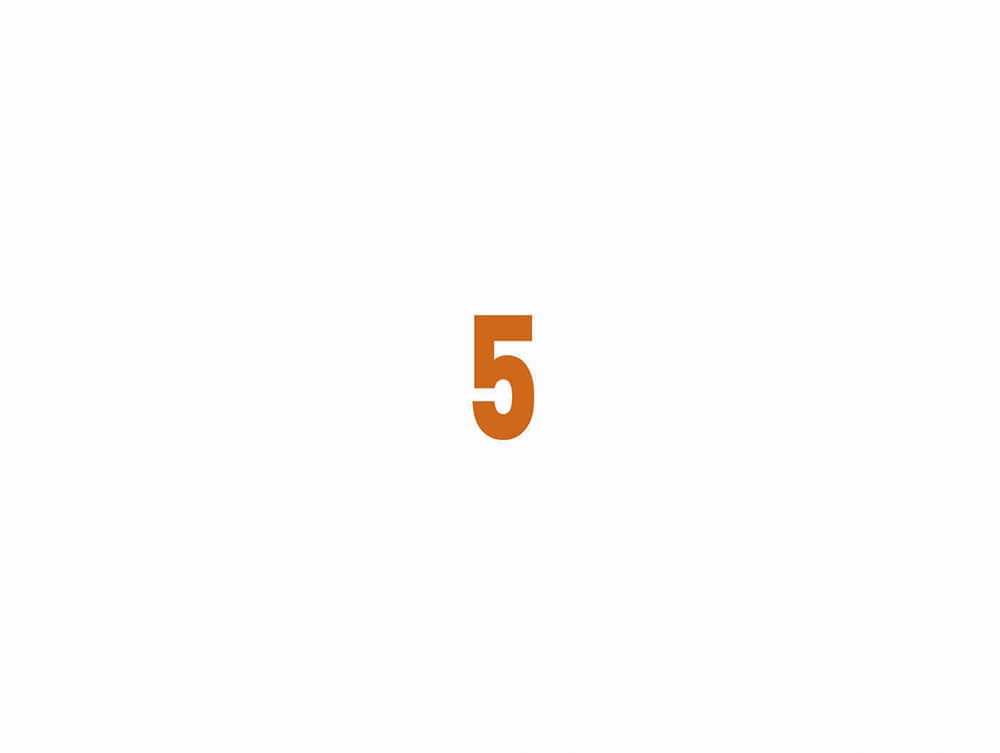
Paris, 0330 GMT (0430 Local)
General Henri Beneteau replaced the telephone in its cradle on his ornate antique desk. He dug a crumpled packet of Gitanes from the pocket of his robe and lit one of the strong cigarettes. What his old friend General Vaughn had just told him had made him both angry and sad. He had protested vehemently to Vaughn, while at the same time feeling ashamed at the gutlessness of France’s socialist government. Nevertheless, he felt his beloved nation about to be violated by the American aircraft that would soon be streaking through French skies against the expressed wishes of her government.
General Beneteau unlocked a drawer of his desk and removed the list of secure telephone numbers of key French government and military installations. He knew he should telephone the President and the Premier, as he had threatened to do, but instead he dialed the number of the duty officer of the Air Defense Command, underground near Metz. He had a short and eventually heated conversation with the captain who was on duty. The captain had demanded that the general make his request a direct order, and Beneteau had shouted at him. The captain had signed off with a curt “oui, mon général,” and hung up. Beneteau sighed and locked away the telephone list. He knew he should get dressed and go into his office in the Defense Ministry, but for the moment he just sat and smoked. How sad it is, he thought, that in our times, the sleep of a soldier is more often disturbed by politics than by war.